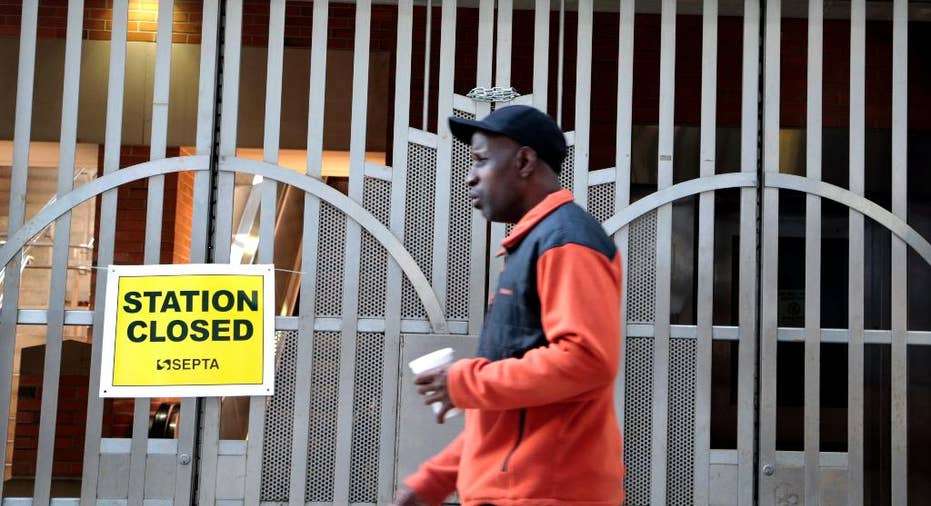Strike by Philadelphia transit workers enters 2nd day

PHILADELPHIA – Commuters in Philadelphia are facing another day of transportation woes Wednesday as a transit strike enters its second day.
The walkout began early Tuesday after the Southeastern Pennsylvania Transportation Authority and a union representing about 4,700 workers failed to reach a contract agreement, shutting down buses, trolleys and subways that provide about 900,000 rides a day.
Early Wednesday morning, SEPTA released a statement saying the two sides "continue to make steady progress in the effort to reach an agreement on a new contract." Talks are expected to resume later Wednesday morning.
The strike wasn't supposed to affect commuter rail lines and service in areas outside the city, but the transit agency said at the start of Tuesday's evening rush hour that striking workers were preventing some regional train crews from reporting to work, causing the cancellation of a significant number of trains to the suburbs. SEPTA said it went to court and obtained an injunction to prevent picketers from blocking access to those facilities, but it warned riders to expect delays.
Rail lines serving the suburbs were operating Tuesday morning, but were jammed and running late because of a surge in riders.
Transport Workers Union Local 234 President Willie Brown said in declaring the strike that the sides remained far apart on pension and health care issues, as well as noneconomic issues such as shift scheduling, break time and other measures that affect driver fatigue. SEPTA said it was ready to resume bargaining.
The transit agency, however, said if no agreement is reached before Election Day, it planned to seek an injunction to restore service on that day "to ensure that the strike does not prevent any voters from getting to the polls and exercising their right to vote."
Democratic Gov. Tom Wolf and Democratic Mayor Jim Kenney urged the two sides to keep talking. Wolf said the strike was causing "extreme hardships."
Democratic District Attorney Seth Williams joined transit workers for a photograph on a picket line, tweeting that he was "showing some love for the men & women of TWU Local #234."
It is the ninth strike by city transit workers since 1975. The last one, in 2009, lasted six days.
Alexia Coleman-Smith split an Uber so she could get to a station to get a train out to the city's western suburbs but planned to walk home from the station later in the day to save money.
Brendan McQuiggan, who normally takes the subway, used the city's bike-share service to pedal to his job from the downtown area to Philadelphia's Old City neighborhood. The city's bike-share operator announced Tuesday that it was providing extra capacity at some stations during morning and evening commutes.
LaBria Wilson usually takes a bus to get to the station where she grabs a train out to the suburbs and the prep school she attends, but got up an hour early Tuesday and was driven to the train by her mother.
The city set up a special bus service to get its employees to and from work. Universities and some businesses also arranged new or expanded bus service for employees.
SEPTA provides rides for nearly 60,000 public, private and charter school students, but the school district said students wouldn't be penalized for being late.
___
Associated Press writer Kathy Matheson contributed to this report.



















